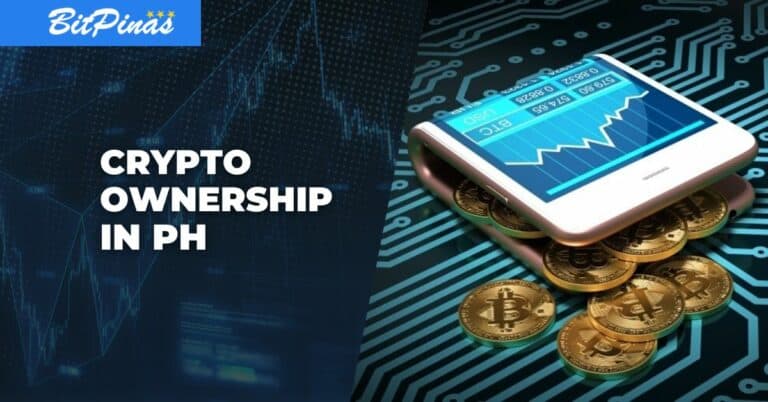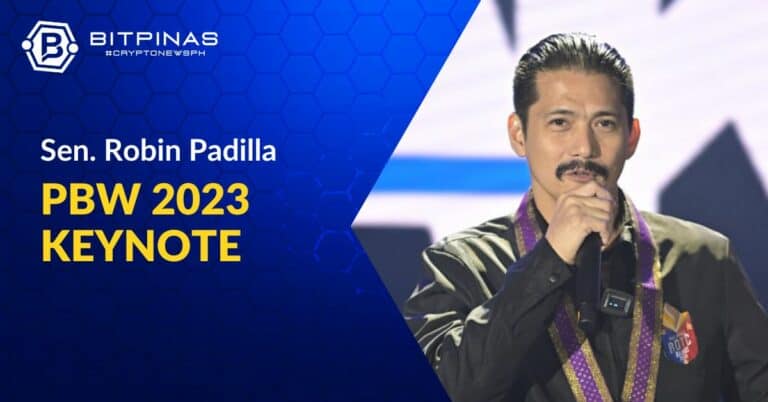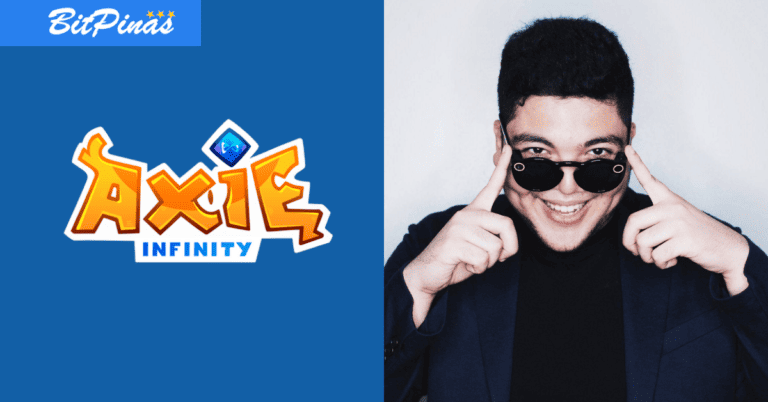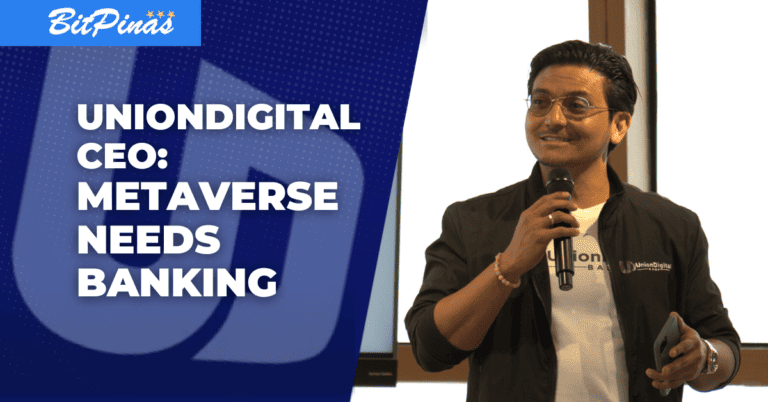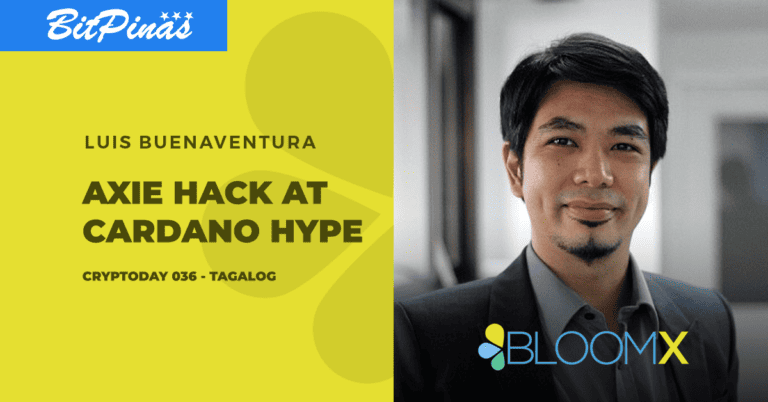[Feature] DICT Forum Discussed How Blockchain Can Improve Cybersecurity
A forum organized by DICT discussed how blockchain can be used to strengthen cybersecurity in the Philippines.
![[Feature] DICT Forum Discussed How Blockchain Can Improve Cybersecurity 1 Photo for the Article - [Feature] DICT Forum Discussed How Blockchain Can Improve Cybersecurity](https://bitpinas.com/wp-content/uploads/2018/11/cybersecurity-3.jpeg)
November 22, 2018. In the recent Cybersecurity Forum organized by the Department of Information and Communications Technology (DICT) in Davao, blockchain was discussed as an emerging technology that can be used to strengthen cybersecurity in the country.
Blockchain has often been associated with cryptocurrency. That’s understandable because cryptocurrency is a product of blockchain. The blockchain, which allows for consistent record keeping in a decentralized ledger, coupled with powerful cryptography to make transactions immutable to tampering, has more use cases aside from becoming the network for digital money.
Karla S. Cruz, founding member of the United Nations Blockchain Commission for Sustainable Development, immediately stressed during the forum that cryptocurrency and blockchain “are not as dark” as people often thought about it. Indeed with numerous scams, a number of initial coin offerings going under, the public perception of blockchain is not at an all-time high.
But blockchain has a number of features that can address cybersecurity.
Cybersecurity is a term used referring to systems in place to protect people, organizations, networks, and even countries from digital attacks. It is no secret that the Philippines has witnessed some of the biggest breaches in Asia. One such breach of massive scale was the Commissions on Elections Hack where data of voters, including their fingerprints, have been leaked and widely distributed in the dark web. Ms. Cruz even remarked that a friend gave her the data on the dark web containing her information, including her fingerprint, being sold online.
Ms. Cruz, who is also a founder of the United Nations Blockchain For Impact and The Cool Kids PH, discussed what system should be in place to protect the cyberspace. According to her, it must be a system wherein:
- Information cannot be manipulated or changed without the person’s consent
- Things people value online are kept in a safe place.
- People can choose who to share their records, who can keep a copy of, and who to keep these records confidential from
- Identity is confirmed but not exposed
“Your information should be your information. Your information should be your property, and you should be able to see what other people do with that.”
Too many apps today used by Filipinos are not Philippine-made and they keep our data. What’s more, these are centralized institutions; Facebook, Twitter, etc. If they are hacked, information and identity will be exposed. But aside from that, these companies have so much permission, permission we often just agree without reading, that allows them to share many of our information to advertisers.
Blockchain can be a key to protect the Philippine cyberspace because of its features, particularly it being decentralized and its immutability, that can address multiple security concerns.
- Because data is decentralized, it will need a very large amount of computing power for a hacker to tamper it or to change anything from it.
- Because the transactions are in chronological blocks, events (anything that happens to the data) can be traced. If a modification was indeed done, it can be traced exactly when it happened and who did it.
- Because of private and public addresses, only the owner can give permission who can access their data, who they will share it to, and what information to give.
- Because of immutability, there is trust in the blockchain, eliminating the need for a middleman to confirm any transaction. There is no need for a party to personally identify the identity of the other party because the blockchain already verifies it for them. In that way, identity is also protected.
In the ways described above, Blockchain makes sense for cybersecurity. And we can all participate. Another element of blockchain is incentives; it incentivizes everyone who participates, be it in the form of tokens, access, value, etc. If existing and upcoming blockchain-based apps are built that have a focus on security, and people get incentivized from using them, the centralized apps of today might be forced to do something, and with hope, their actions be towards ensuring the people that use their products are cybersecure in a way that a blockchain-based app can do it.
Sources: DICT Cybersecurity Forum video provided by Ms. Karla Cruz.
![[Interview] Animoca Brands Chairman: More Web3 Opportunities Come From Asia 2 [Interview] Animoca Brands Chairman: More Web3 Opportunities Come From Asia](https://bitpinas.com/wp-content/uploads/2023/12/Yat-Siu-interview-1-768x402.jpg)
